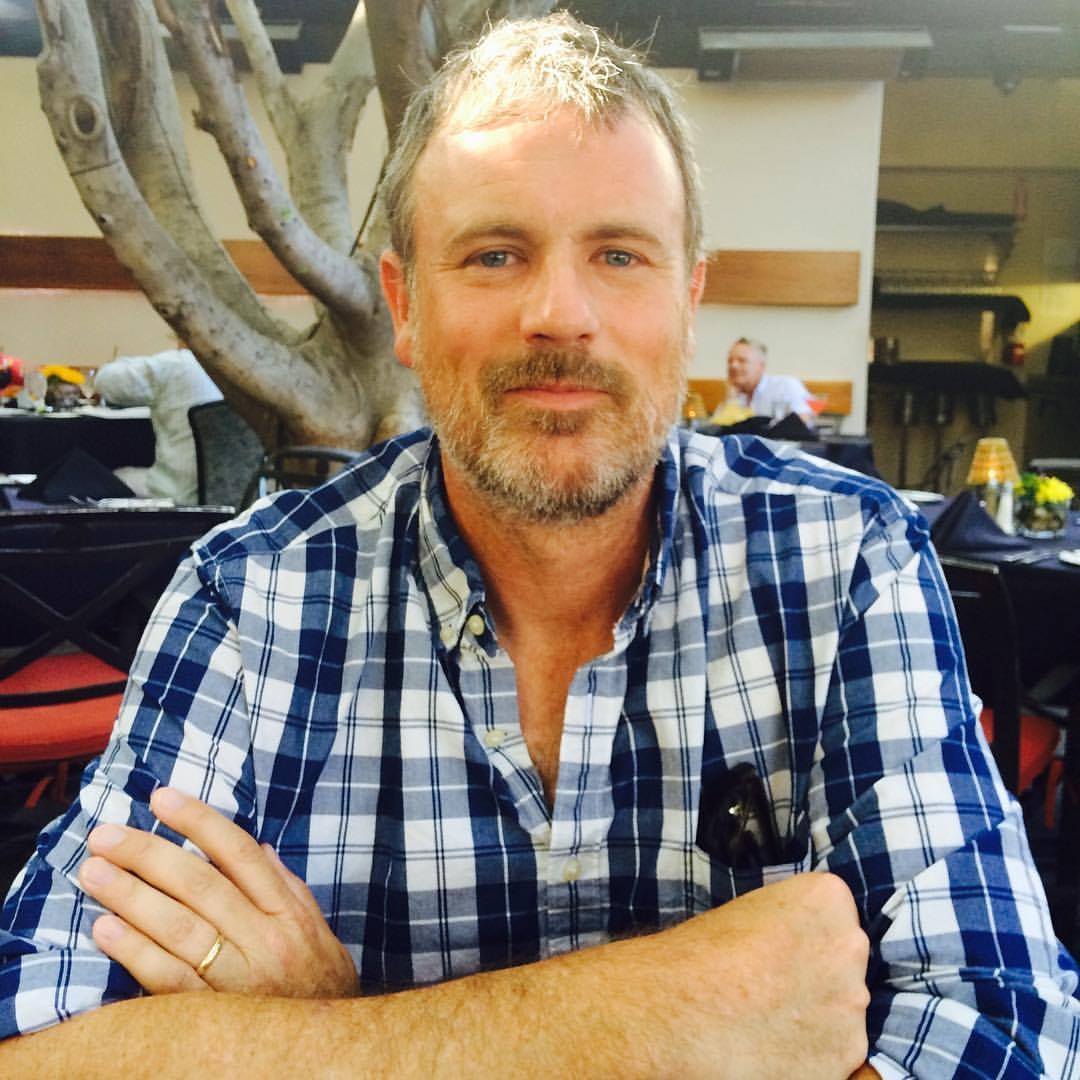
Click to next page for an update where I admit nobody agrees with my reading of oral arguments yesterday.
ORIGINAL POST, Feb. 5, 2:00 p.m.: The fate of California's medical marijuana movement is now in the hands of the seven justices of the California Supreme Court.
]
UPDATE, Feb. 6, 9:30 a.m.: Okay, so basically nobody agrees with me on this. After posting yesterday that the justices didn't seem to agree with Dunne's argument that banning is the same as regulating, I noticed that I was just about the only observer who thought this was important. Everyone else from the Los Angeles Times to NPR seems to agree that the justices feel that if state law required cities and counties to allow pot dispensaries to operate, the law would say so explicitly, which by all accounts it does not.
“California Seems Inclined to Uphold Bans on Pot Shops,” reports one typical example LA Times story. “Several justices noted that the state Constitution gives cities wide policing power over land use and suggested that the state's medical marijuana laws have not undercut that authority,” the Times reported, quoting Justice Ming W. Chin thusly: “The Legislature knows how to say 'Thou Shall Not Ban Dispensaries,' They didn't say that.”
The court has 90 days to issue its ruling, deciding the fate of roughly 200 local bans throughout California.

Award-winning investigative journalist Nick Schou is Editor of OC Weekly. He is the author of Kill the Messenger: How the CIA’s Crack Cocaine Controversy Destroyed Journalist Gary Webb (Nation Books 2006), which provided the basis for the 2014 Focus Features release starring Jeremy Renner and the L.A. Times-bestseller Orange Sunshine: The Brotherhood of Eternal Love’s Quest to bring Peace, Love and Acid to the World, (Thomas Dunne 2009). He is also the author of The Weed Runners (2013) and Spooked: How the CIA Manipulates the Media and Hoodwinks Hollywood (2016).

